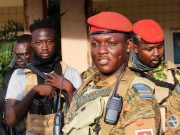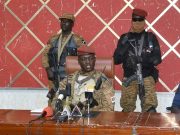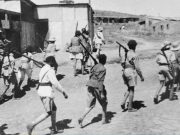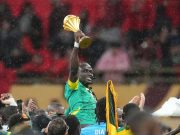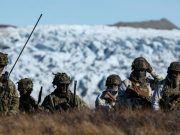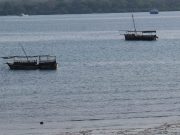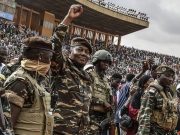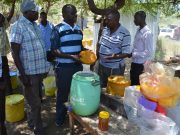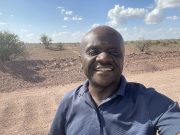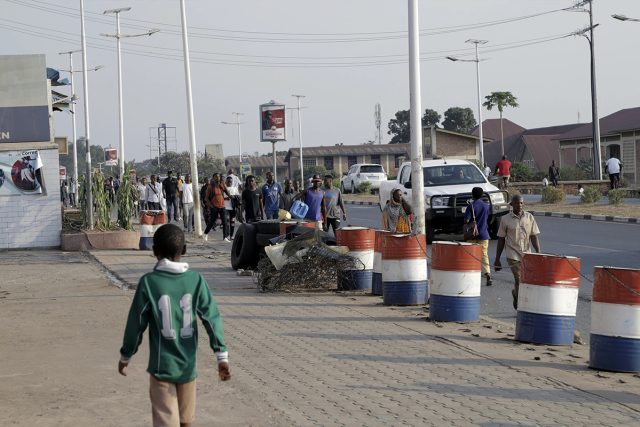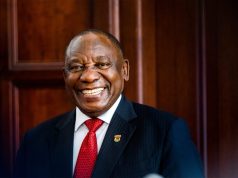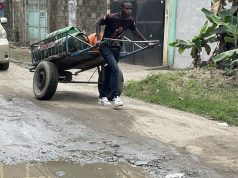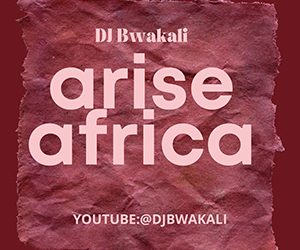Burundi wears a harsh label. By the simplest yardstick the world loves to quote, GDP per person adjusted for prices, Burundi has spent about a decade at or near the very bottom. On broader human development, it sits in the lowest handful as well. But poorest is a diagnosis, not a destiny. To understand how we got here, we must see the mechanics, not just the headlines.
Here is where Burundi’s poverty story truly begins. In 1972, the country suffered a genocide known locally as Ikiza. Hundreds of thousands of Burundians, mostly from the Hutu community, were killed. Teachers, civil servants, students, clergy, and local leaders were singled out and wiped out. The country lost a generation of administrators and thinkers who would have staffed hospitals, planned roads, run ministries, improved farms, taught children, and negotiated markets. When a nation’s trained class is decapitated, the consequences echo for fifty years. That is the first fracture in Burundi’s ladder of development.
Violence returned in waves. The massacres of 1988, the assassination of President Melchior Ndadaye in 1993, and the long civil war that followed tore neighborhoods apart and turned hills into front lines. Families fled to Tanzania and the Congo. Children missed years of school. Fields lay untilled. Trauma soaked into the soil. During these years, the economy unraveled. Savings were spent on survival, not investment. Traders avoided roads that had become ambush zones. Credit disappeared. Even when guns fell silent, distrust kept markets thin and institutions brittle. You can rebuild a bridge in months. Rebuilding trust takes a generation.
I study genocide and mass violence through the lens of state capacity and human capital. Burundi is a textbook case of how systematic killing hollows out a state from the inside. The 1972 genocide destroyed the pipeline that moves bright students into technical colleges and the civil service. The civil war scattered skilled people across borders and convinced many never to return. Every war year means a cohort of children whose cognitive potential is undermined by stress, hunger, and interrupted learning. Those cohorts become adults with smaller earnings, weaker health, and lower savings. In a dense, land-scarce country that depends on small farms, these losses compound relentlessly. That is how you get a nation that works hard and stays poor.
Security institutions matter as well. For decades, the army and police were organized more to protect regimes than to protect productivity. The Arusha peace architecture tried to undo this by blending former enemies, setting ethnic balance rules, and professionalizing command. It was a necessary step, but it could not erase the older habit of militarized politics. When the 2015 crisis erupted around a contested third term, the economy was hit again. Budget support fell. Investors pulled back. Capital that might have financed coffee processing lines or cold chains for fish went elsewhere. Poverty is not only about what you lack. It is also about what does not show up because risk is too high.
Conflict has also shaped land and livelihoods. In Burundi, land is identity, inheritance, and survival. Displacement during war created overlapping claims that courts were too weak to resolve. Families returned to find their plots occupied by others who had fled different violence. Long disputes over small parcels discouraged planting trees, building terraces, or investing in irrigation. Without secure, uncontested land, farmers stick to low risk, low return choices. The nation pays for this caution with lower yields and thinner exports.
The most devastating legacy is invisible. War changes nutrition. When men are conscripted or flee, when markets close and incomes collapse, children eat less and eat worse. Burundi’s chronic child stunting is not simply a health statistic. It is the embodied memory of conflict. Stunted children become adults with fewer years in school, lower productivity, and higher vulnerability to disease. A country with widespread stunting is a country carrying a weight belt while trying to climb.
All of this explains why Burundi has spent the last decade at or near the very bottom of global income tables. It is not a moral judgment or a genetic fate. It is the arithmetic of decades of conflict applied to land, learning, and livelihoods. The good news is that the same arithmetic works in reverse when peace is made real in daily life. The climb begins where the wounds are deepest.
First, Burundi must finish its peace. That means more than a truce. It means credible, patient transitional justice that names crimes and honors victims across communities. It means a land and property settlement system that resolves disputes fast and fairly, with mediation and compensation options that avoid new rounds of coercion. It means security forces that are professional, balanced, and seen as guardians of commerce as much as guardians of order. When traders believe roads are safe and courts are honest, they invest. When farmers believe land is secure, they plant trees, dig terraces, and irrigate.
Second, the country needs a national nutrition compact that treats stunting as a macroeconomic emergency. I would pair prenatal care and maternal counseling with iodized salt, fortified staples, and diversified school meals that include legumes, animal protein where possible, and micronutrient-rich vegetables. Clean water and sanitation must move in lockstep so infections do not cancel food gains. Within five years, you can lift learning outcomes and future earnings if you make nutrition a national mission. That single shift will pay back more than any road.
Third, raise farm productivity on the land that already exists. Burundi’s hills bleed soil in every rainy season. Stop that bleeding with terraces, contour planting, live barriers, and water harvesting. Correct soil acidity with lime so fertilizer actually feeds crops. Spread drought tolerant seeds and expand small-scale irrigation. Organize real cooperatives that hold pricing power, not shell groups controlled by middlemen. Tie input delivery to guaranteed buyers for coffee, tea, beans, and horticulture so farmers are not gambling at the moment of planting. Then move up the value chain at home. Roast, blend, grade, and package in Bujumbura. Each step you keep adds a step on the national income ladder.
Fourth, make electricity a nation-building project with a clear, measurable target. Densify the grid where it is cheapest, build mini grids for trading centers, and finance pay as you go solar for scattered homes. Pay operators for verified connections and delivered power, not for promises. A clinic with a reliable freezer and lights after sunset doubles its impact. A welder who can work a full day without outage doubles his income. Productive power is not a luxury. It is an anti-poverty vaccine.
Fifth, lower the cost of risk. Stabilize prices through disciplined budgeting and transparent foreign exchange allocation. Put public procurement online and publish contracts. Create partial credit guarantees so banks can lend to processors, cold chain providers, and logistics firms that anchor rural value. Investors can live with risk. They cannot live with opacity. Shine a light and money follows.
Sixth, turn the East African Community into Burundi’s open door. Time at the border is money lost. Expand one stop border posts, digital customs, and predictable transit rules along the Central Corridor to Dar es Salaam. Negotiate bulk freight rates for fertilizer, spare parts, and coffee shipments. Fast logistics reform beats slow megaprojects because traders feel it immediately.
Seventh, treat connectivity as infrastructure on par with roads. Cut data costs through competition and sensible spectrum policy. Extend fiber beyond the capital and support community networks where fiber will not go soon. Pair connectivity with practical digital skills and platforms that convert bandwidth into income. When a young Burundian can find buyers beyond the nearest town, the future begins to tilt.
Finally, heal the narrative. Let the world associate Burundi not only with tragedy but with precision and quality. Specialty coffee with traceable stories. Mountain teas with distinctive profiles. Agroforestry that makes hills greener and pockets fuller. Eco tourism that pays communities to conserve what they love. Pride is not a statistic, yet it moves markets and keeps talent at home.
I speak as DJ Bwakali, but also as a student of how violence distorts economies. Burundi’s poverty is not a mystery. It is the logical end of forty years of killing, fleeing, fearing, and coping. The path out is equally logical. Finish the peace by protecting people, property, and dignity. Feed children well enough for their brains to bloom. Power the places where people actually work. Make rules clear enough that capital can be brave. Link the hills to the ports with respect, not friction. Tell a product story the world wants to buy. When those pieces lock together, the country that war tried to break becomes a country where peace makes people busy and prosperity becomes ordinary.
